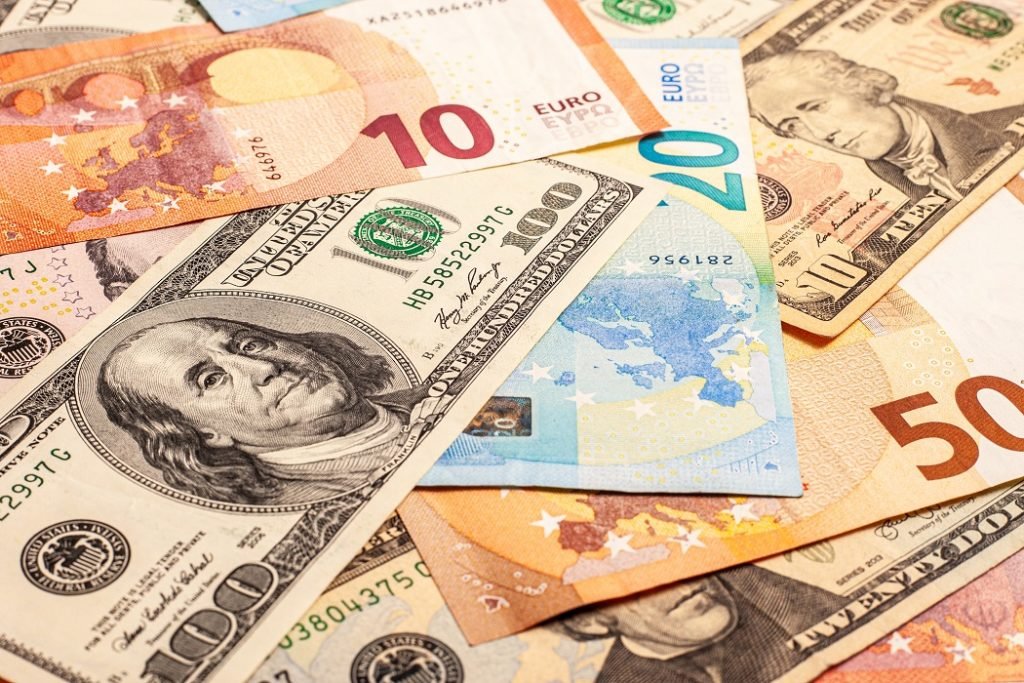By Karen Brettell
NEW YORK (Reuters) – The U.S. dollar bounced on Wednesday after inflation in the United Kingdom cooled more than economists expected in June, sending the pound sharply lower against other major currencies.
Britain’s rate of inflation was its slowest in over a year at 7.9%, according to data that will ease some of the pressure on the Bank of England to keep on raising interest rates sharply. Economists polled by Reuters had mostly forecast a smaller slowdown, to 8.2% in the 12 months to June from May’s 8.7%.
“It was the first time in five months that we’ve seen inflation surprise to the downside, the trend had been just the opposite,” said Joe Manimbo, senior market analyst, at Convera in Washington. “That’s casting some doubt on another jumbo rate hike by the Bank of England next month.”
Before Wednesday’s data, traders had assigned a roughly 60% chance that the BoE would hike rates on Aug. 3 by a half-percentage point. After the data, that turned into a 60% chance of a quarter-percentage point hike.
“The dollar is catching a reprieve because it’s the inflation data that’s really dictating sentiment; the dollar was whacked by cooler inflation last week and now it’s the pound’s turn today,” Manimbo added.
Sterling fell 0.81% against the greenback to $1.2929 and went as low as $1.2868, the lowest since July 11. It reached $1.3144 last Thursday, the highest since April 2022.
The euro also gained 0.59% against the British currency to 0.8662.
There is also profit taking in sterling following its recent rally. “The pound was overbought after the run-up in recent weeks,” said Kenneth Broux, head of corporate research FX and rates at Societe Generale (OTC:SCGLY).
The dollar index rose 0.32% against a basket of currencies to 100.26. The euro fell 0.24% to $1.1202.
The greenback tumbled last week after consumer and producer price gains slowed in June, boosting expectations that the Federal Reserve will stop hiking rates after a widely expected 25-basis-point increase at its July 25-26 meeting.
Fed funds futures traders are pricing in 32 basis points of additional tightening with the benchmark rate expected to peak at 5.40% in November.
U.S. data on Wednesday showed that U.S. single-family homebuilding fell in June, but permits for future construction rose to a 12-month high as a severe shortage of previously owned houses for sale supports new construction.
The European Central Bank is also expected to raise rates by 25 basis points next week.
Another quarter-point interest rate rise by the ECB should be enough, and further tightening might damage the economy, ECB Governing Council member Yannis Stournaras said on Wednesday.
The greenback rose 0.55% against the Japanese yen to 139.62.



